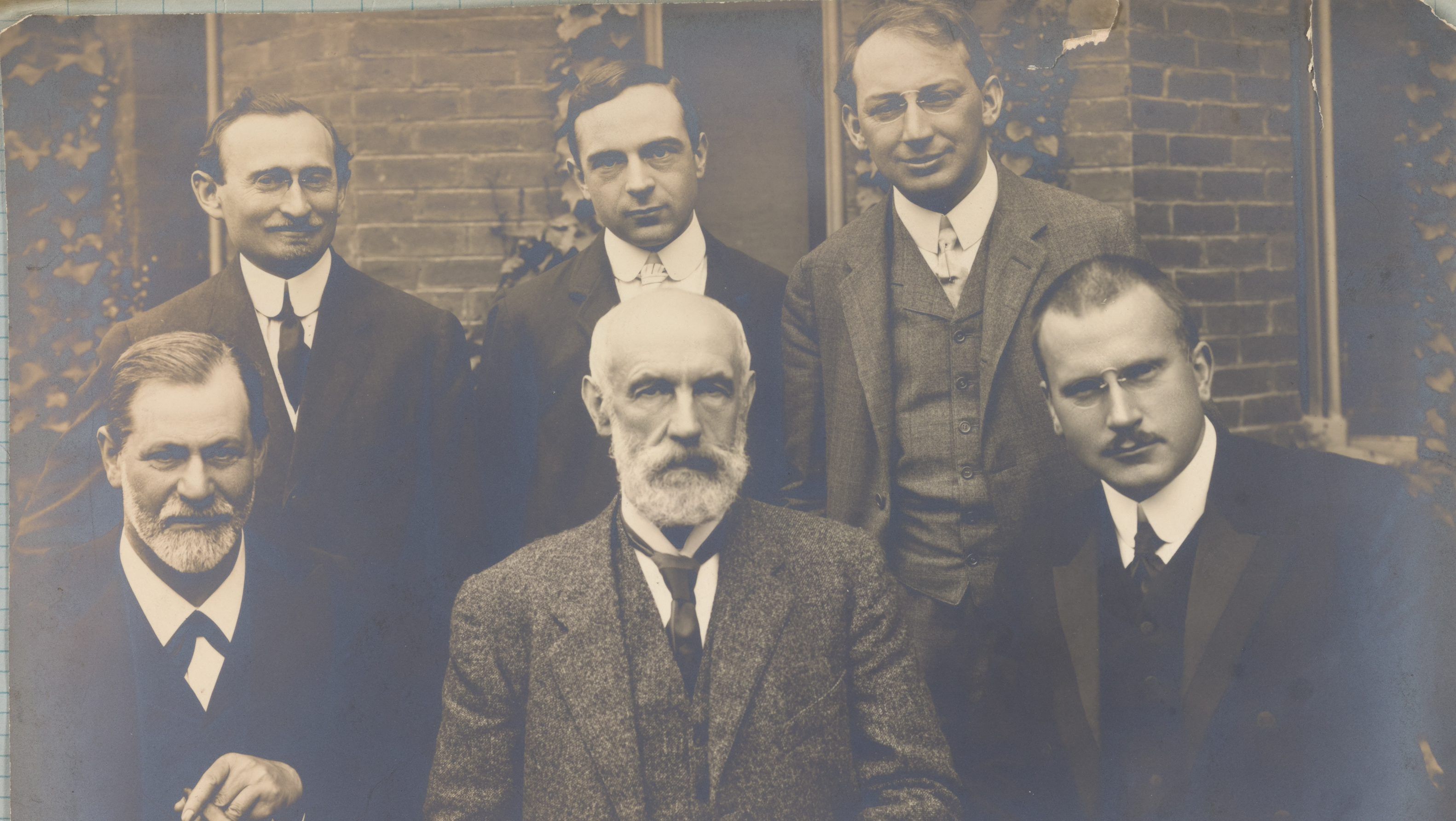It is most easy to assume that your skills in trading rank above average on days like today. You’ve found yourself holding positions in banks, energy stocks, and industrial metals and minerals, all of which are outperforming on a relative basis. You’ve logged in and seen a bright green account balance. You are better than most at extracting gains from the capital markets.
In the field of Psychology, which I hold near and dear to my heart, the Dunning-Kruger Effect explains the cognitive bias of illusory superiority. This occurs when people of lower or average ability fail to objectively evaluate their true competence. It could manifest itself as thinking you are better than you are at a given task, or incorrectly assuming that a task which you find easy will be easy for others.
I am guilty of both. I often fail to blog about a topic or leave it unpublished as a draft because I feel it to be too simplistic in nature, or something that has already been spoken about at length. I forget my audience may be brand new to finance and markets with an elementary understanding of the topic. I incorrectly assume something that is second nature to me is easy for someone else. I also found myself extra chatty in the trading room today, feeling on top of the world because I am positioned correctly to take advantage of the current market environment.
Dunning Kruger’d.
This is a gentle reminder of a concept published in 1994 by Richard Hernstein and Charles Murray called The Normal Distribution or “The Bell Curve.” In its most simplistic form, the majority of us are just average. A small number are above and a small number are below but chances are, we are average. In our IQs, height and weight, and trading ability.
While I won’t ever stop striving to move into that above average category in any endeavor I choose to pursue, a gentle reminder that in most cases I am just average is warranted.
OC
